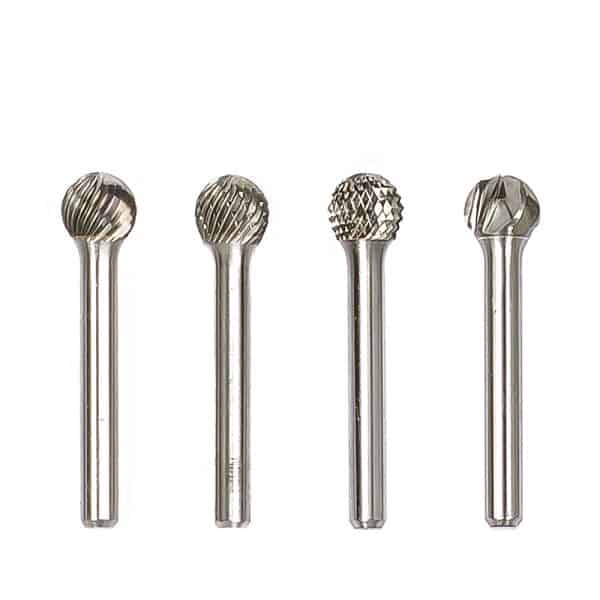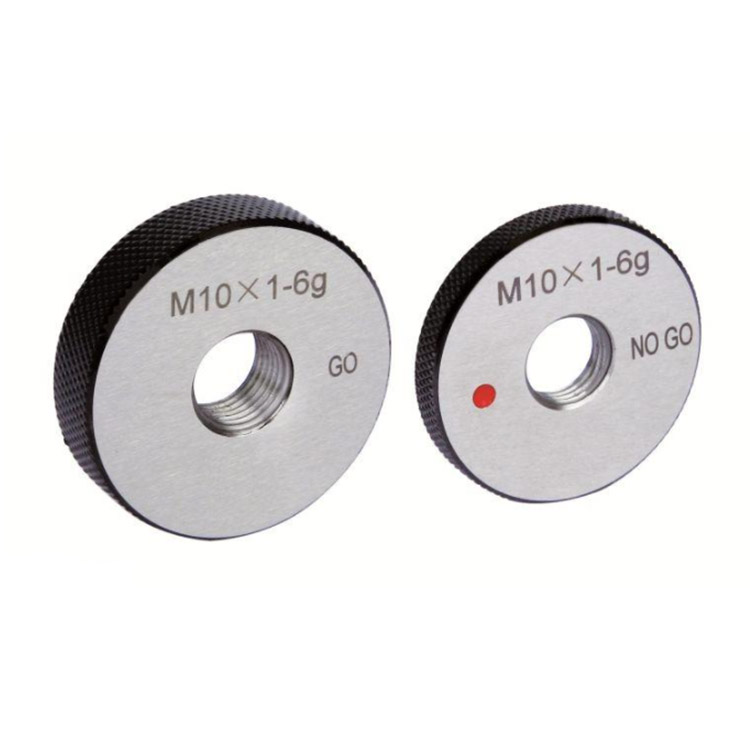thread mills Factories
Choosing the right thread mills factories is crucial for ensuring high-quality products, timely delivery, and cost-effectiveness. This guide provides an in-depth look at factors to consider when selecting a factory, including their capabilities, certifications, quality control processes, and experience. We also cover types of thread mills, common issues, and tips for maintaining strong communication with your chosen factory.
Understanding Thread Mills and Their Applications
Thread mills are versatile cutting tools used to create internal and external threads in a variety of materials. Unlike taps and dies, which produce threads in a single pass, thread mills generate threads through a helical interpolation motion. This offers several advantages:
- Versatility: One thread mill can produce threads of different sizes and pitches.
- Improved Thread Quality: Eliminates the risk of oversized or undersized threads.
- Reduced Tool Breakage: Less prone to breakage compared to taps, especially in hard materials.
- Blind Hole Threading: Can thread closer to the bottom of blind holes.
They find applications in various industries, including:
- Aerospace
- Automotive
- Medical Device Manufacturing
- Mold and Die Making
Key Factors to Consider When Choosing Thread Mills Factories
Factory Capabilities and Expertise
Evaluate the factory's capabilities to ensure they can meet your specific requirements:
- Materials: Can they work with the materials you require (e.g., steel, aluminum, titanium)?
- Size Range: Do they offer thread mills in the sizes you need?
- Coatings: Can they provide the necessary coatings (e.g., TiN, TiAlN) for enhanced performance?
- Equipment: Do they have modern CNC machines and grinding equipment?
Certifications and Quality Control
Look for factories with relevant certifications, such as:
- ISO 9001: Demonstrates a commitment to quality management systems.
- ISO 14001: Shows a commitment to environmental management.
- OHSAS 18001: Indicates a focus on occupational health and safety.
Inquire about their quality control processes. Do they perform:
- Incoming material inspection?
- In-process inspection?
- Final inspection with calibrated measurement tools?
Experience and Reputation
Choose a factory with a proven track record of producing high-quality thread mills. Consider:
- How long have they been in business?
- Do they have experience with your specific application?
- Can they provide references from satisfied customers?
Cost and Lead Time
While cost is a factor, prioritize quality and reliability. Compare quotes from multiple factories, considering:
- Unit price
- Minimum order quantity
- Lead time
- Shipping costs
Common Problems and Solutions in Thread Mills Manufacturing
Chatter and Vibration
Problem: Chatter can lead to poor surface finish and reduced tool life.
Solution: Ensure proper machine setup, use rigid tool holders, and optimize cutting parameters (speed, feed, depth of cut).
Poor Thread Quality
Problem: Incorrect thread dimensions or surface finish.
Solution: Use high-quality thread mills, ensure accurate machine calibration, and optimize cutting parameters.
Tool Breakage
Problem: Premature tool failure due to excessive wear or improper use.
Solution: Select the appropriate thread mill for the material being machined, use proper cutting fluids, and avoid excessive cutting speeds and feeds.
Maintaining Effective Communication with Thread Mills Factories
Clear Communication is Key
Establish clear communication channels with the factory:
- Designate a primary point of contact.
- Use clear and concise language.
- Provide detailed specifications and drawings.
- Request regular updates on the project's progress.
Proactive Problem Solving
Address any issues promptly and proactively:
- Communicate any concerns immediately.
- Collaborate with the factory to find solutions.
- Document all communication and agreements.
Types of Thread Mills
Different types of thread mills are designed for specific applications. Some common types include:
- Solid Carbide Thread Mills: Offer high precision and long tool life. Ideal for hard materials.
- Indexable Thread Mills: Feature replaceable inserts for cost-effectiveness.
- Coolant-Through Thread Mills: Provide efficient chip evacuation and cooling.
Wayleading Tools offers a wide range of thread mills to suit diverse applications. Their expertise ensures you get the right tool for the job.
A Comparison of Popular Thread Mills Materials
| Material | Hardness (HRC) | Typical Applications | Pros | Cons |
|---|---|---|---|---|
| Solid Carbide | 45-70 | Hardened steels, stainless steels, cast iron | High hardness, excellent wear resistance, precise cutting | More brittle than HSS, higher cost |
| High-Speed Steel (HSS) | 60-65 | Mild steels, aluminum, plastics | Toughness, lower cost than carbide, good for general purpose | Lower hardness than carbide, less wear resistance |
Conclusion
Selecting the right thread mills factories requires careful consideration of several factors, including their capabilities, certifications, experience, and communication processes. By following the guidelines outlined in this article, you can increase your chances of finding a reliable partner that meets your specific needs and delivers high-quality thread mills.
Related products
Related products
Best selling products
Best selling products-
 5C Square Collet With Inch and Metric Size
5C Square Collet With Inch and Metric Size -
 Precision Magnetic Base With Fine Adjustment For Dial Indicator
Precision Magnetic Base With Fine Adjustment For Dial Indicator -
 Type D Ball Tungsten Carbide Rotary Burr
Type D Ball Tungsten Carbide Rotary Burr -
 Metric Thread Ring Gauge 6g Accuracy With Go & NO Go
Metric Thread Ring Gauge 6g Accuracy With Go & NO Go -
 Precision Vernier Caliper Of Metric & Imperial For Industrial
Precision Vernier Caliper Of Metric & Imperial For Industrial -
 Dead Center For Morse Taper Shank
Dead Center For Morse Taper Shank -
 Parting & Grooving Tool Set With SLTB Blcok, NCIH Blades, GTN Inserts
Parting & Grooving Tool Set With SLTB Blcok, NCIH Blades, GTN Inserts -
 HSS Keyway Broach With Metric And Inch Size, Push Type
HSS Keyway Broach With Metric And Inch Size, Push Type -
 HSS Inch Convex Milling Cutter For Industrial
HSS Inch Convex Milling Cutter For Industrial -
 Type G Arc Pointed Tree Tungsten Carbide Rotary Burr
Type G Arc Pointed Tree Tungsten Carbide Rotary Burr -
 Plain Back ER Collet Fixture With Lathe Collet Chuck
Plain Back ER Collet Fixture With Lathe Collet Chuck -
 Metric HSS Annular Cutters With Weldon Shank For Metal Cutting
Metric HSS Annular Cutters With Weldon Shank For Metal Cutting











